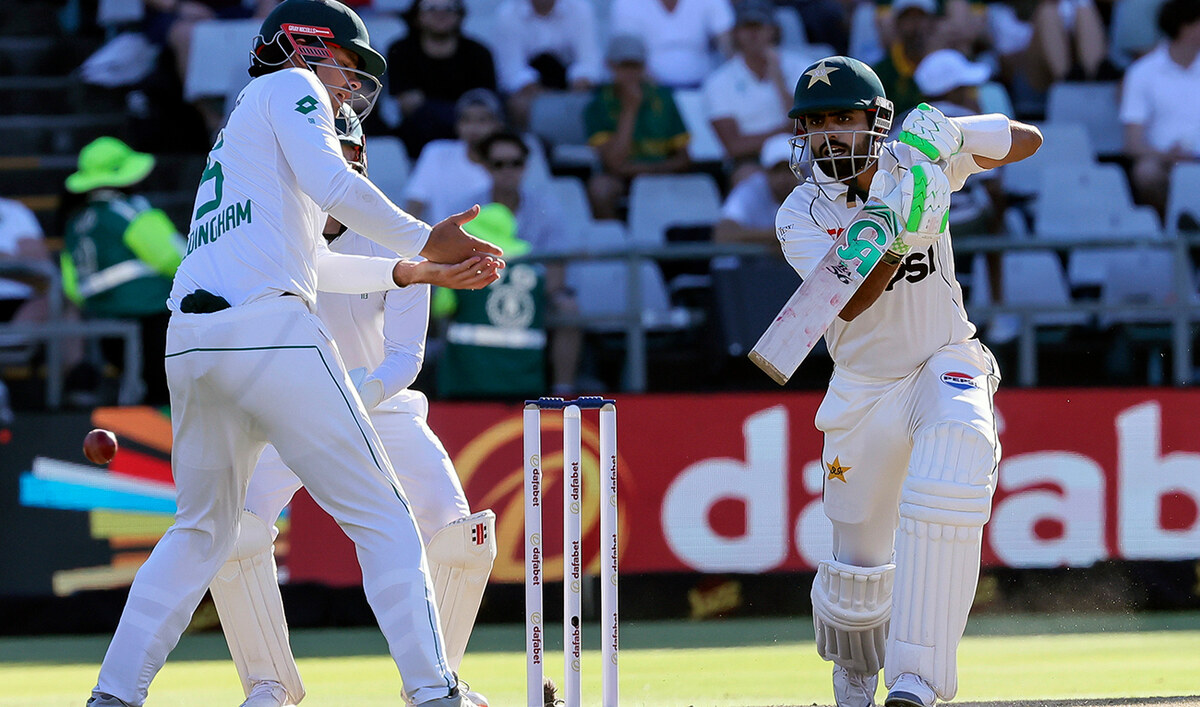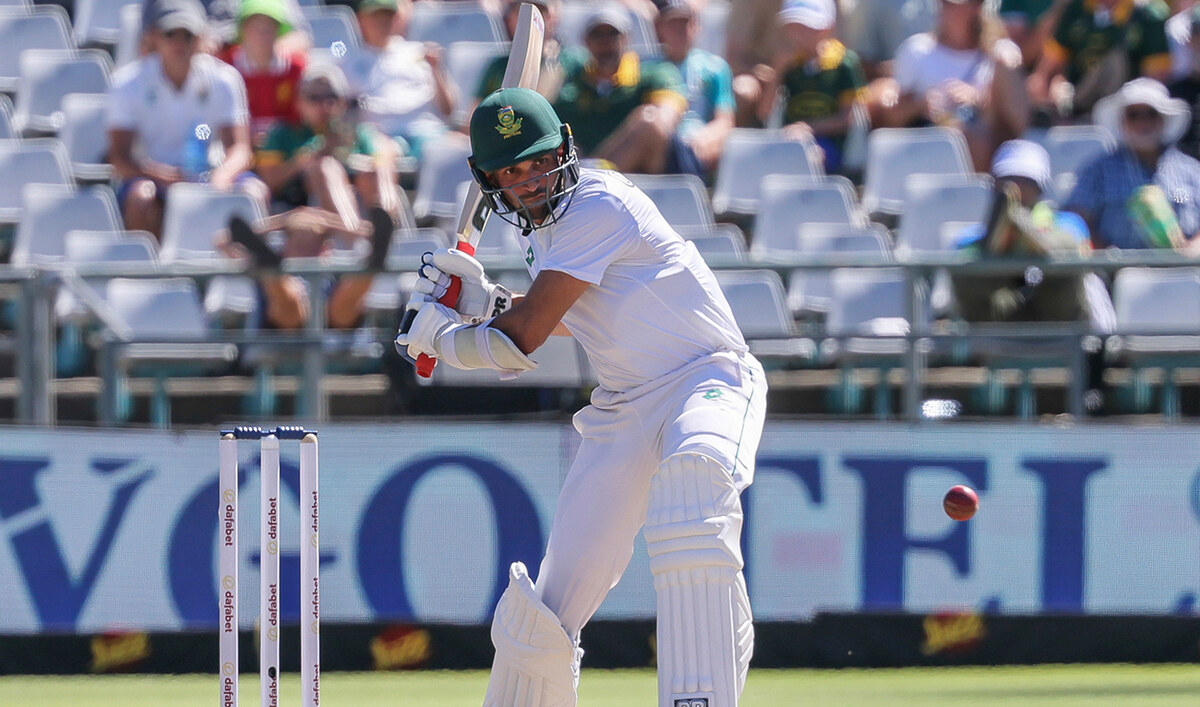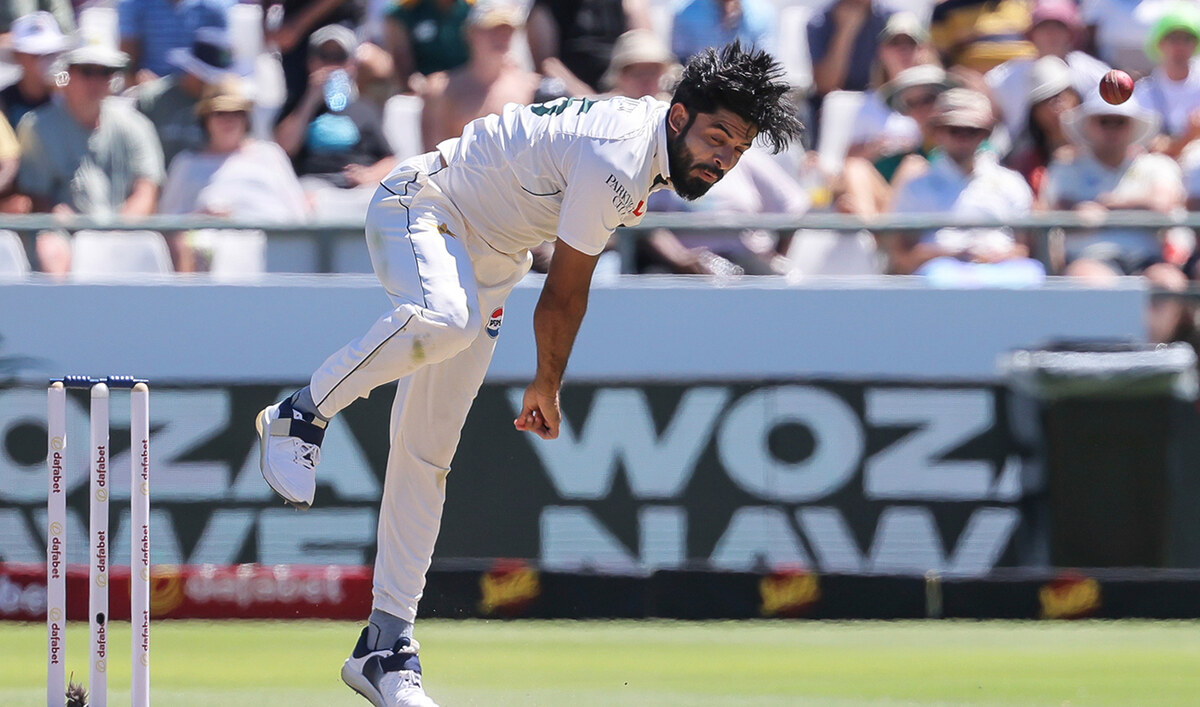ISLAMABAD: The possibility of expanding Saudi investment would be a welcome relief to Pakistan, experts and business leaders told Arab News, as Riyadh plans to assess the prospects of increasing the quantum of funding into the South Asian nation’s troubled economy.
As Pakistan’s foreign exchange reserves remain under pressure due to upcoming debt repayments, Crown Prince Mohammed bin Salman earlier this week directed authorities and the Saudi Fund for Development to see if the Kingdom’s investment could be enhanced to $10 billion and deposits to the Pakistani central bank to $5 billion.
It is not the first time in recent past that Pakistan is looking toward Saudi Arabia to deal with the challenges posed by low reserves and maturing debts. In 2021, the SFD placed a deposit of $3 billion in the State Bank of Pakistan, and while other countries demanded their deposits back after maturity, Saudi funds remained in the system in 2022 when Islamabad requested a repayment extension.
Right after the announcement of the crown prince’s decision, Prime Minister Shehbaz Sharif said on Wednesday that Pakistan was “immensely grateful” for it, echoing the sentiment of the country’s business community.
“The entire Pakistani nation is extremely grateful for the directives ... In the current time of political and economic uncertainty, this news comes as a breath of fresh air for all of us,” Sardar Yasir Ilyas Khan, former chairman of the Islamabad Chamber of Commerce and Industry, told Arab News.
“There is a lot of potential and Saudi Arabia’s expertise in this segment with regard to their public investment fund and holding the largest sovereign wealth fund in the world gives them a huge advantage.”
Pakistan was cash-strapped after a deadlock with the International Monetary Fund over tax targets delayed the disbursal of another tranche of its bailout program. The situation worsened when the worst floods in decades hit the country in July-October and cut its economic growth by half.
Dr. Khaqan Najeeb, former adviser at the Ministry of Finance, said that as Pakistan was going through a severe dollar liquidity crunch, an injection of funds into the central bank’s reserves could help ease it.
Foreign investment, too, was desperately needed.
“Discussions must commence with the Saudis as they have said that they could study up to $10 billion of investment in Pakistan,” Najeeb added.
“Pakistan is a country starved for the FDI (foreign direct investment). Our FDI over the last couple of years has come down to under a $2 billion mark, which for a country like Pakistan is not enough. In the last couple of months of this financial year of 2023, our FDI has halved as compared to the same period last year.”
But the Pakistani government needs to do its homework to make investments coming from the Kingdom sustainable and attract also private sector stakeholders.
Since Saudi Arabia has been showing interest in Pakistan’s refining and industry, economist Ali Salman highlighted the need for policy incentives to mobilize projects with Saudi businesses.
“We hope that the government of Pakistan will come up with a favorable oil refinery policy which will then attract investment from Saudis,” he said.
Businesses were hopeful that with Saudi support the country’s financial situation could soon get back on track.
“I am expecting that in near future, within three to four months, the situation will start to normalize,” Khurshid Burlas, chairman of the regional coordination committee at the Rawalpindi Chamber of Commerce and Industry, told Arab News.
“We are expecting (that) due to all this support, Pakistan will come out of this economic crisis.”























